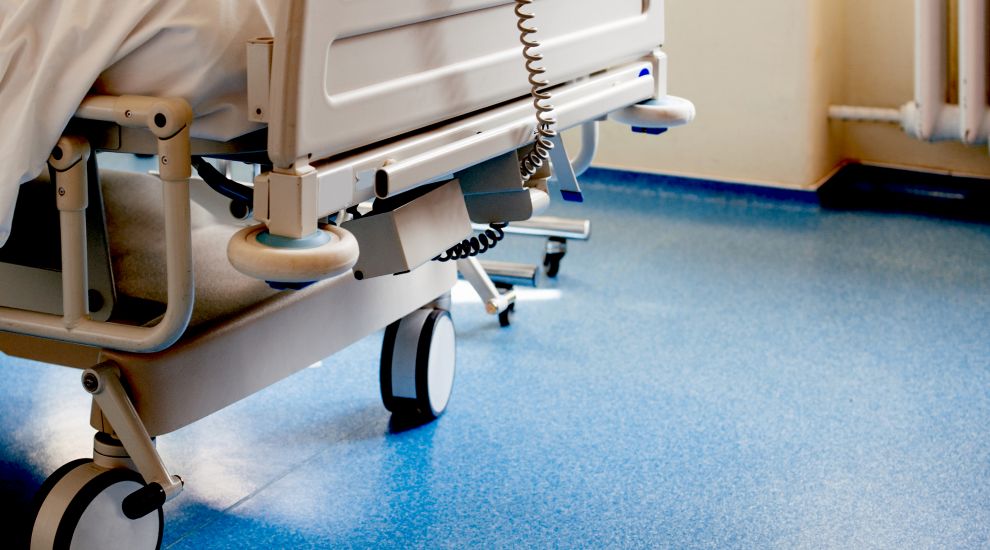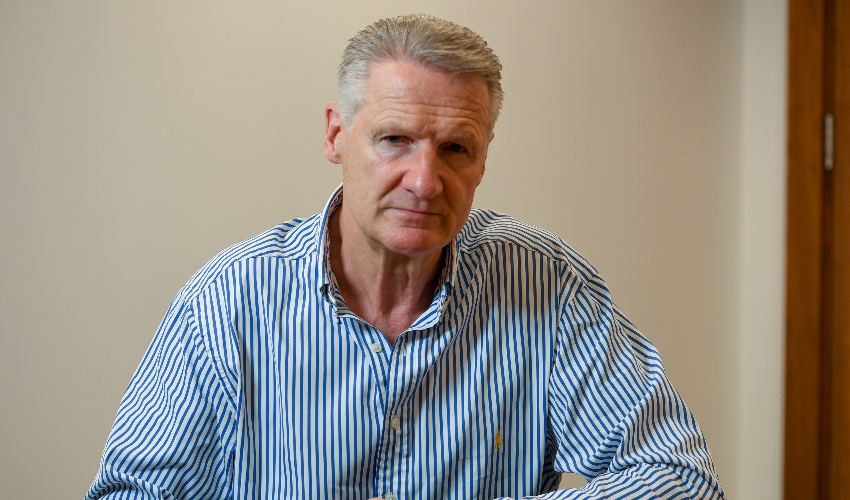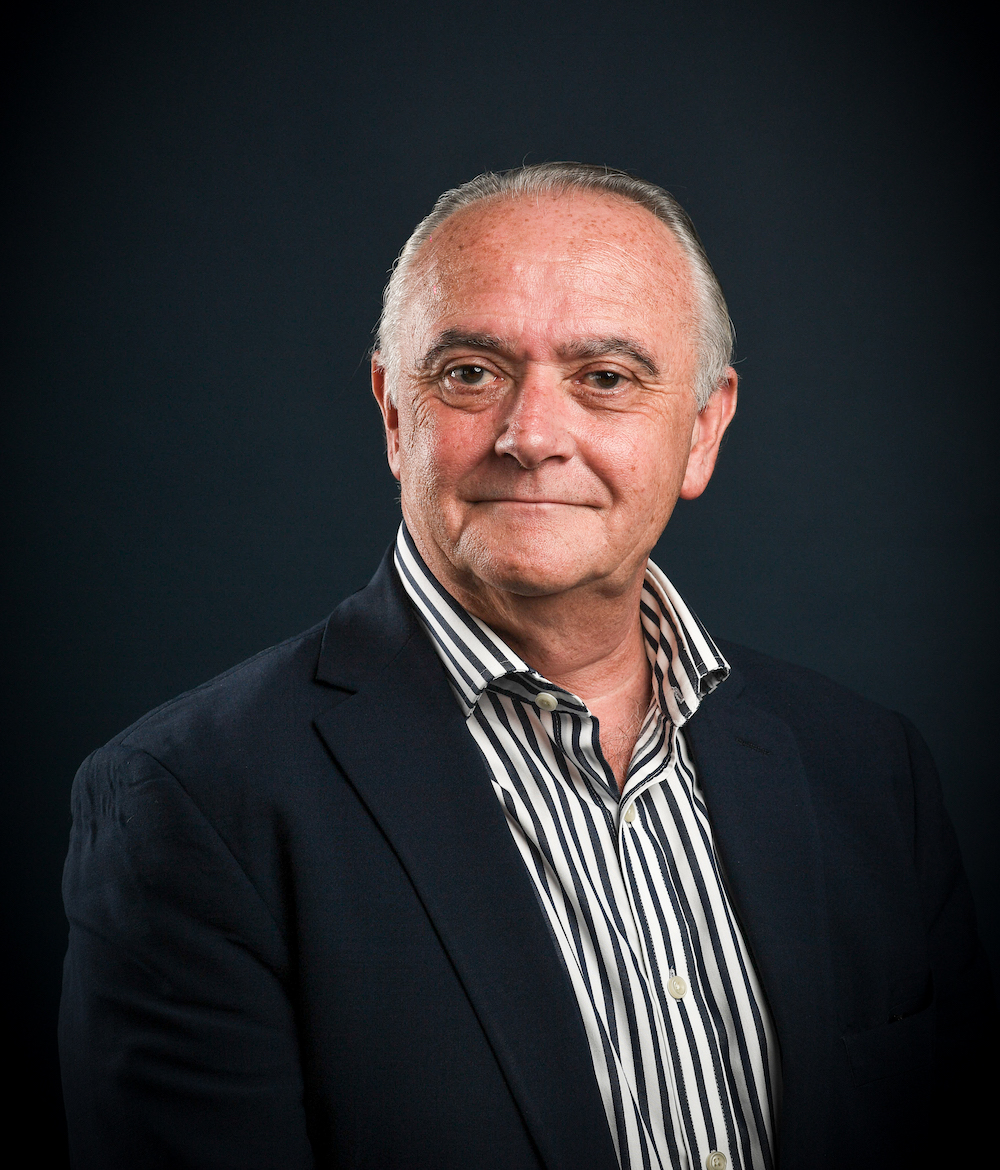


Health is looking to become "more commercial in outlook" and double its income from private patients to reinvest in services, it has emerged – with hopes that it could generate £24m a year over the next five years.
Private patient services contributed £12.2m to Health in 2023, around 5% of the department's overall budget.
With an estimated 30% of the population with private healthcare insurance, accounting for more than 30,000 insured lives, Health – which is currently undergoing a financial recovery programme – is now looking to get more islanders using on-island healthcare to reinvest into health services.
That plan is set out in the Private Patients Services Strategy 2024 to 2028, which was quietly published last month, with no media announcement or press release.
The strategy says the aim is to boost private patient revenue to £18.8 million before the end of 2026 and £24 million before the end of 2028.
It explained that every pound private patients services makes "is invested into the delivery of care to HCS patients for the benefit of all islanders".
Health has identified two main untapped income sources: first, an estimated £5.3 million could be sourced from insured patients who are receiving state-funded care, and £12.8 million from insured patients who are heading off the island to receive private care.
Keeping them in the island for their private healthcare needs, the report explained, could add value to the healthcare system used by all islanders.
Health Minister Tom Binet said: "This strategy signals a commitment to expand the choice of service provision to islanders by enhancing the private healthcare offer, attracting skilled professionals to Jersey and increasing income to be used for the benefit of all islanders.
"Our society is diverse, and encouraging private patients services can support a better balance of healthcare spending and prioritisation towards those who depend most on state funded care."

Pictured: Health Minister Tom Binet explained that "encouraging private patients services can support a better balance of healthcare spending and prioritisation towards those who depend most on state funded care".
Some of the methods to increase revenue outlined in the strategy include looking at partnerships both in and outside of Jersey, including with Guernsey, private medical insurers, Jersey employers, individual consultants and consultant groups.
The strategy added: "There is appetite within the government for a consideration of discussing with private medical insurers options to extend non-state funded care, including tax breaks and/or other incentives for insurance policies.
"There will also be engagement with employers to think about supporting increasing the range of non-pay benefits as cash pay rises have been challenged by inflation levels.
"Is it time for private healthcare cover to be part of an attractive benefits package for all island employees?"

Pictured: Chief Officer of Health Chris Bown said private patient services would need to be an "important part" of plans to build the new hospital.
Health also wants the service to "become more commercial in outlook" by lowering fees and encourage islanders to use local private healthcare rather than seek it outside Jersey.
It added: "The HCS private patient service will create a surplus that will, in full, be re-invested to support capacity and upgraded facilities for patients including in the New Healthcare Facilities Programme.
"It generates additional tax revenues, contributes towards hospital operational costs and supports the Island's economy, leading to improved resilience and stability for Jersey's healthcare system."
Chief Officer of Health Chris Bown said private patient services would need to be an "important part" of plans to build the new hospital.
Comments
Comments on this story express the views of the commentator only, not Bailiwick Publishing. We are unable to guarantee the accuracy of any of those comments.